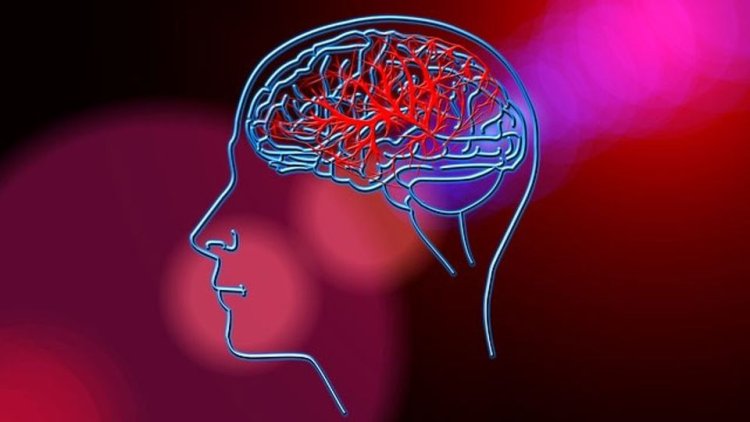Common herbicide is detrimental to adolescent brain function: Study

Washington D.C., US: Herbicides are the most widely used type of pesticide in the world, including applications in agriculture, residences, and industry. According to a study done by experts at the Herbert Wertheim School of Public Health and Human Longevity Science at the University of California San Diego, exposure to two of the most commonly used herbicides was connected with poorer brain function in adolescents.
The researchers reported measuring metabolite concentrations of two commonly used herbicides -- glyphosate and 2,4-dichlorophenoxyacetic acid (2,4-D) -- as well as the insect-repellent DEET in urine samples collected in 2016 from 519 adolescents aged 11 to 17, living in the agricultural county of Pedro Moncayo, Ecuador. Attention and inhibitory control, memory and learning, language, visuospatial processing, and social perception were all evaluated by the researchers.
"Many chronic diseases and mental health disorders in adolescents and young adults have increased over the last two decades worldwide, and exposure to neurotoxic contaminants in the environment could explain a part of this increase," said senior author Jose Ricardo Suarez, M.D., Ph.D., M.P.H., associate professor in the Herbert Wertheim School of Public Health.
The findings included that glyphosate, a nonselective herbicide used in many crops, including corn and soy, and for vegetation control in residential settings, was detected in 98 per cent of participants. 2,4-D, a broadleaf herbicide used on lawns, aquatic sites, and agricultural crops, was detected in 66 per cent of participants.
Higher amounts of 2,4-D in urine were associated with lower neurobehavioral performance in the domains of attention and inhibitory control, memory and learning, and language. Glyphosate concentration in urine was associated with lower scores in social perception only, while DEET metabolites were not associated with neurobehavioral performance.
Following the introduction of genetically modified, glyphosate-resistant "Roundup-ready" crops in 1996 and 2,4-D resistant crops in 2014, there have been substantial increases in glyphosate and 2,4-D use, making them the most widely used herbicides in the world, wrote the authors.
"There is considerable use of herbicides and insecticides in agricultural industries in both developed and developing nations around the world, raising exposure potential for children and adults, especially if they live in agricultural areas, but we don't know how it impacts each stage of life," said first author Briana Chronister, doctoral candidate in the UC San Diego - San Diego State University Joint Doctoral Program in Public Health.
Previous studies have linked exposure to some of the most used insecticides to altered neurocognitive performance while other insecticides may also affect mood and brain development. Today, 20 per cent of adolescents and 26 per cent of young adults have diagnosable mental health conditions such as anxiety, depression, impulsivity, aggression or learning disorders.
The authors reported that 2,4-D was negatively associated with performance in all five neurobehavioral areas, but statistically significant associations were observed with attention and inhibitory control, memory and learning, and language. Glyphosate had a significant negative association only with social perception, a test that measures the ability to recognize emotions, while DEET metabolites were not associated with neurobehavioral alterations.
"Hundreds of new chemicals are released into the market each year, and more than 80,000 chemicals are registered for use today," said Suarez. "Sadly, very little is known about the safety and long-term effects on humans for most of these chemicals. Additional research is needed to truly understand the impact."















































